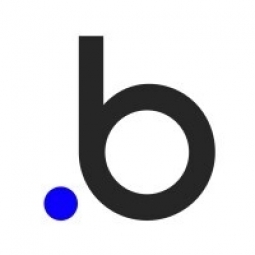Bubble Group
Case Studies
Crowify: Bridging the Gap Between Service Providers and Customers
Overview
 |
Crowify: Bridging the Gap Between Service Providers and CustomersBubble Group |
Application Infrastructure & Middleware - Event-Driven Application Platform as a Service (PaaS) - Application Development Platforms | |
Cement Education | |
Building Automation & Control | |
Training | |
Operational Impact
| The operational results of Crowify have been impressive. The platform has been successful in connecting service providers with customers, leading to the creation of over 500 gigs in just 60 days. This has not only provided a source of income for service providers but also made it easy for customers to find and hire professionals for their needs. The platform has also been successful in paying out over $7,000 since its launch, indicating a healthy flow of transactions. The average gig price on the platform is roughly $300, indicating that the platform is being used for substantial projects. The success of Crowify has also led to plans for scaling the application by hiring engineers and raising a VC finance round. | |
Quantitative Benefit
| First MVP was up within three weeks of landing on the Bubble platform. | |
| Added over 500 gigs from the local region in just the past 60 days. | |
| Paid out over $7,000 since the launch, with the average gig price costing roughly $300. | |


